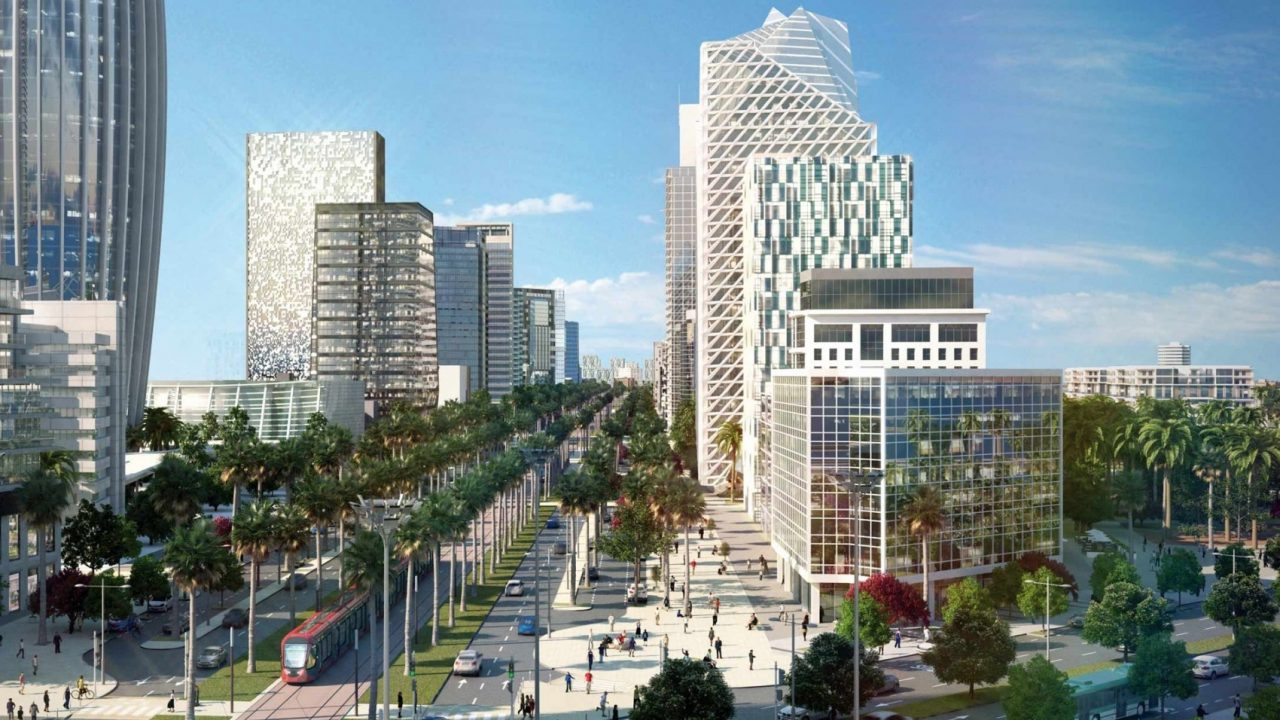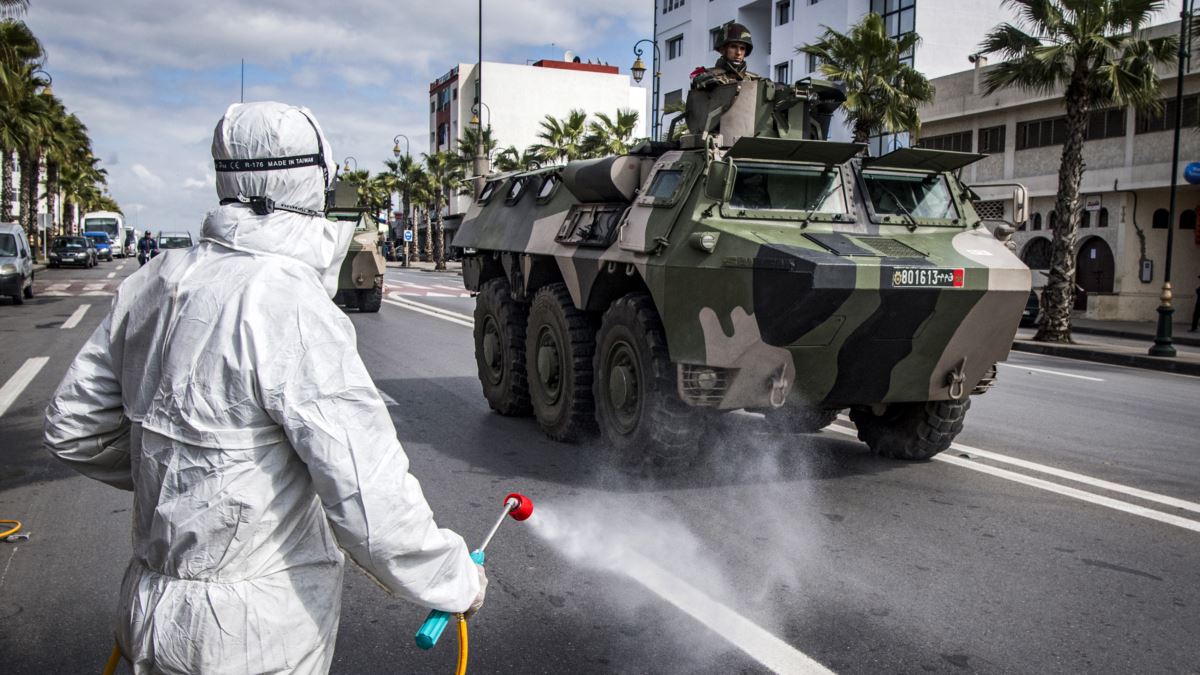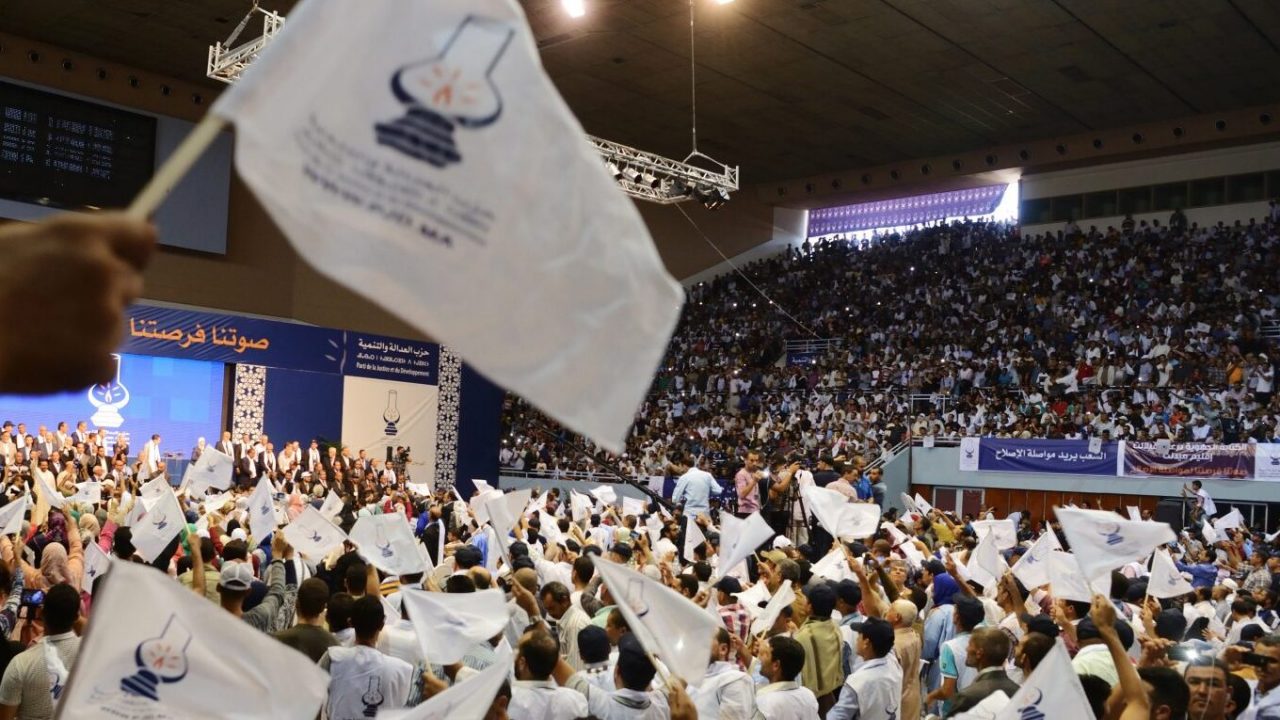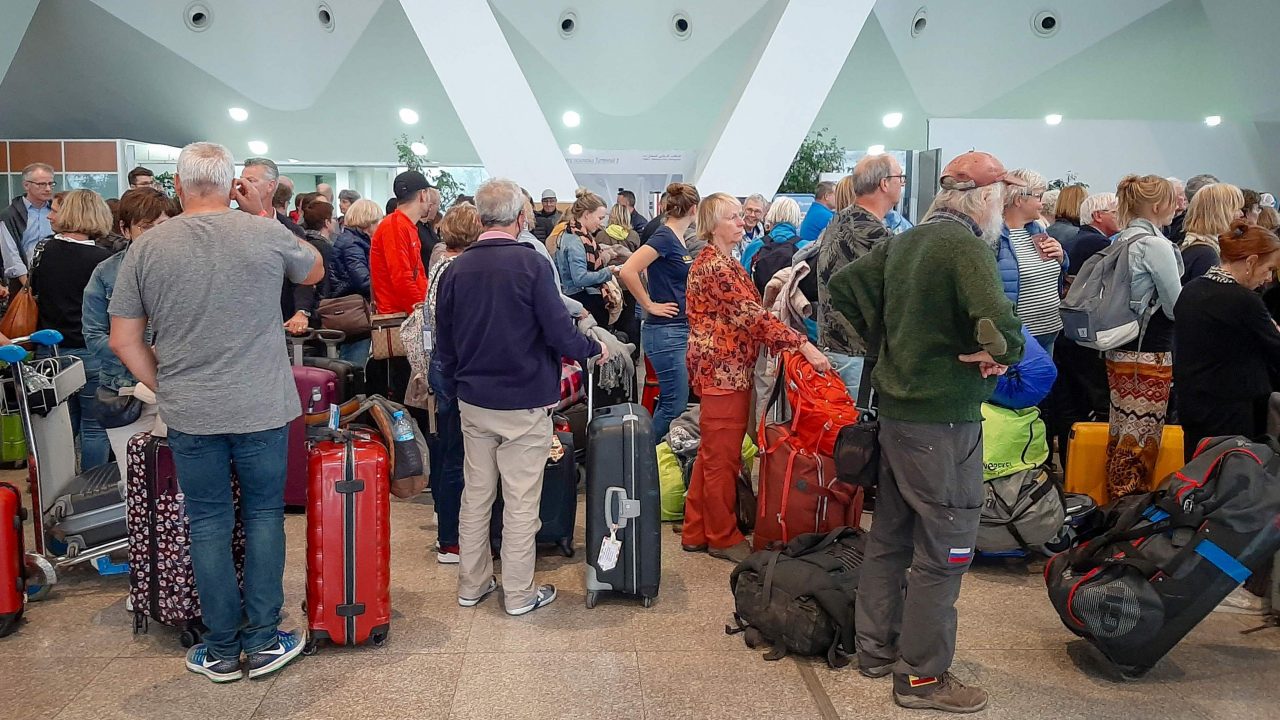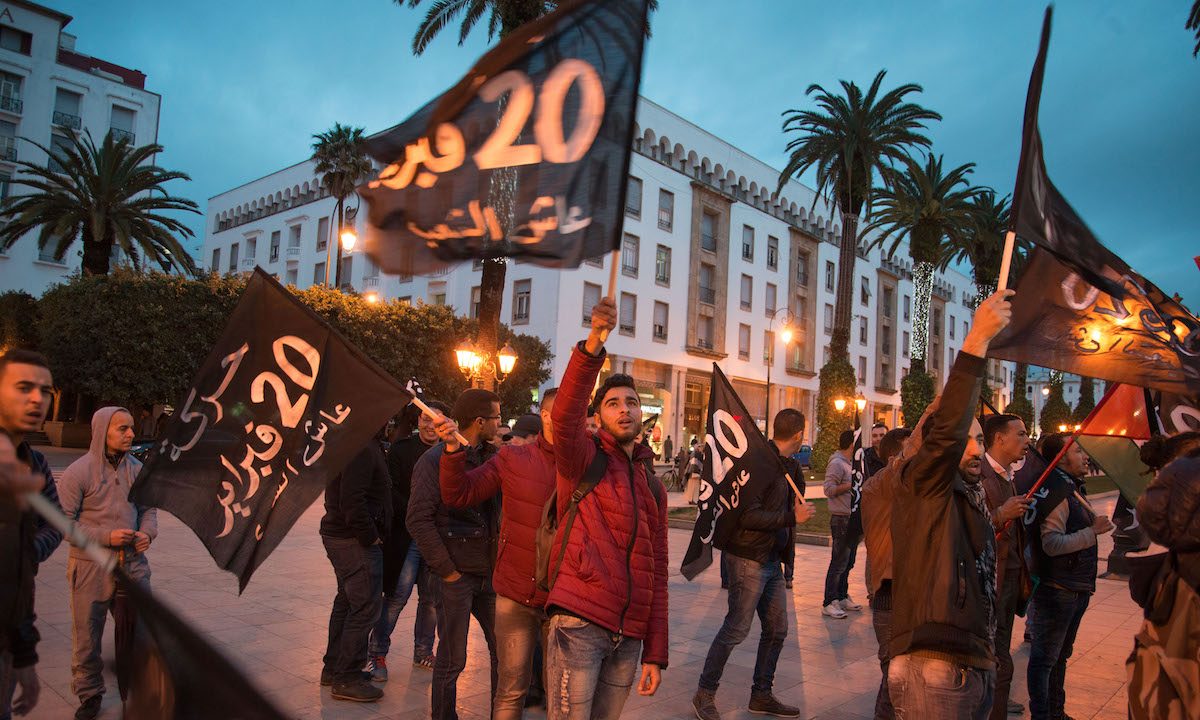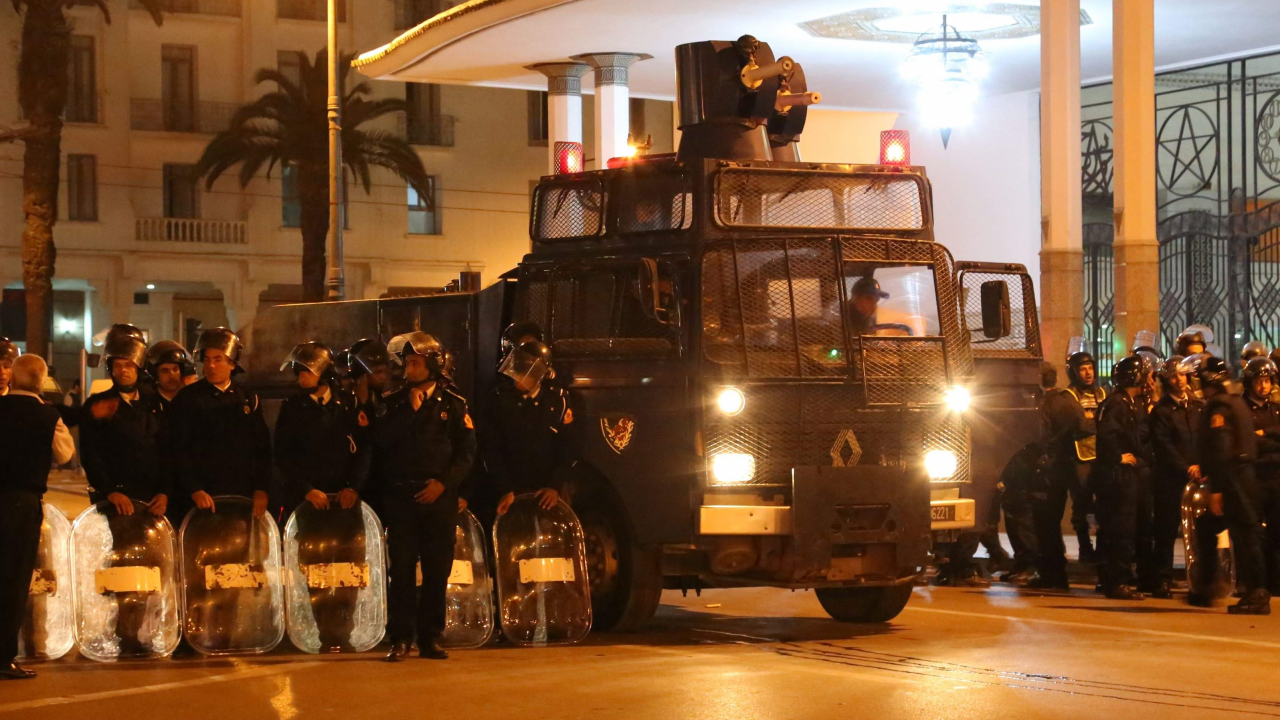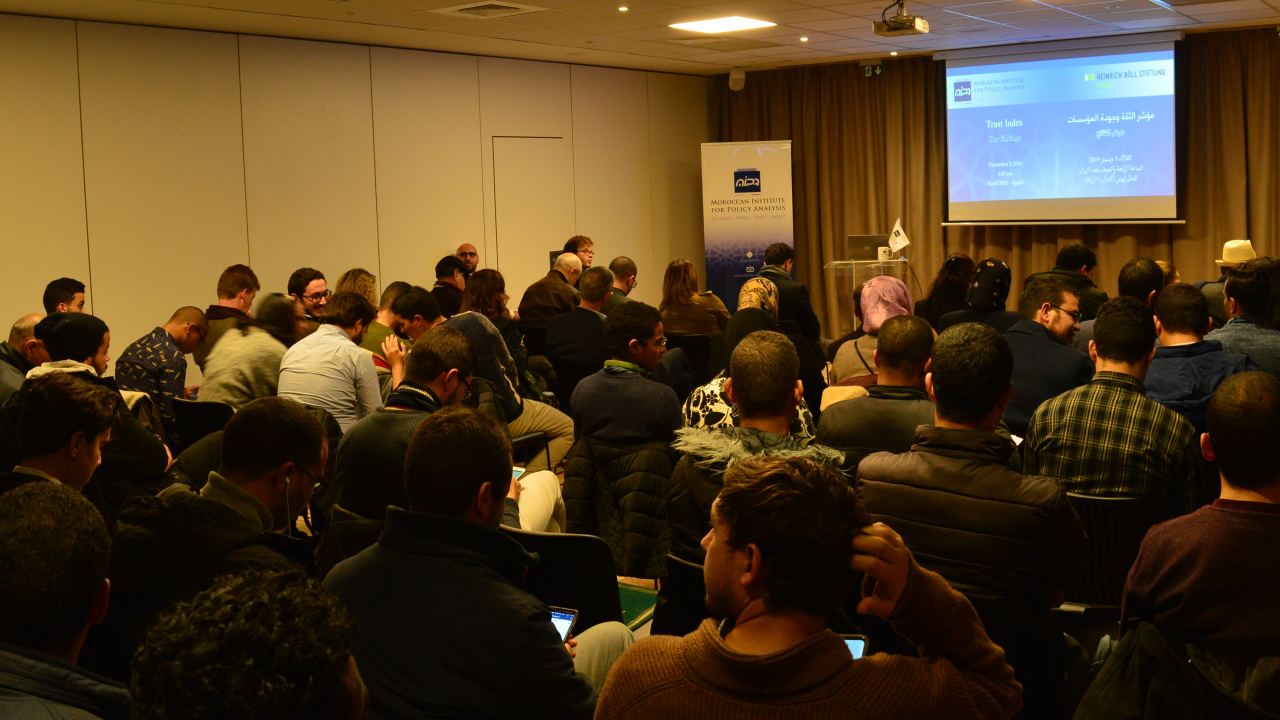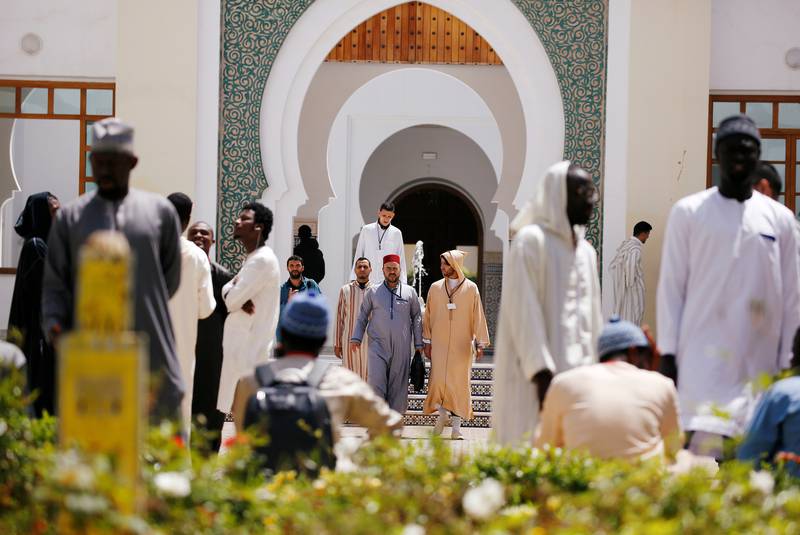Economic DevelopmentResearchDoing Business in Morocco: Significant Achievements but merely on Paper
While Morocco has made, over the past few years, notable progress in the World Bank’s Doing Business index. This, however, had almost no economic impact because the country did not make tangible progress in the fields of governance, economic freedom, property rights protection, and fight against corruption
